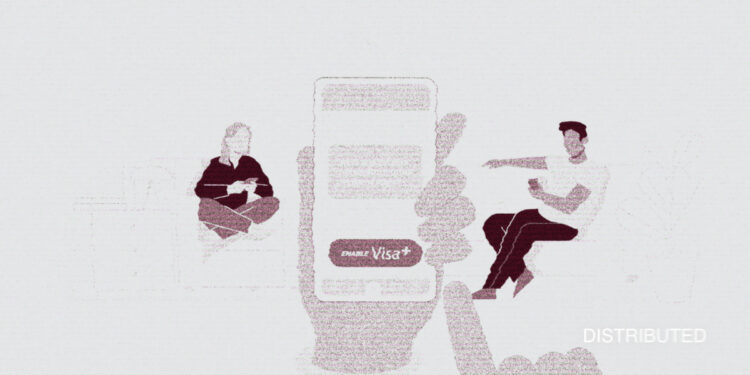Visa announced news of a new peer-to-peer payments platform that can be used across various payment services called Visa+. Alongside Visa, Venmo, PayPal, and a string of other companies are working to develop the service.The Visa+ announcement on their site states that;
“Visa+ helps reduce the need for users to juggle multiple apps, accounts, usernames, and passwords. Now users can do more without leaving their preferred participating payment app.”
Visa, Venmo, and PayPal aren’t the only firms developing this product. Western Union, i2c, TabaPay, and DailyPay have also been included as launch partners of Visa+. These additional companies work to extend this service across different industries and use cases including creator economies, gig, and online marketplaces as the service will be available on each of these platforms.
Although, the most recongised digital payment services such as CashApp, Apple Pay, Google Pay, and Square Cash aren’t listed in the partners, which would make Visa+ a more useful tool for Americans. General availability of the product won’t be until mid-2024.
Interoperability And The Future Of Payments
According the official press release, the U.S. Faster Payments Council states that interoperability is considered one of the most important topics in the payments industry.
The challenge of interoperability stems across various industries; from traditional finance to emerging technology such as cryptocurrencies, with new ways of payments being developed with speed. Allowing these different platforms to interact with each other is a vital part of creating a sustainable future for money and digital payments.
According to the Faster Payments Council, interoperability “can significantly benefit all players in the ecosystem if it provides access and reach to any end-user, regardless of the network their financial institution connects to. Through interoperability, the ecosystem can promote competition, reach and scale.”
With the divide between people who use traditional finance and cryptocurrencies, the challenge of making these systems interoperable grows. Will we see these systems reach a middleground, or will the divide between those for and against keep growing?



